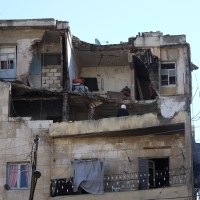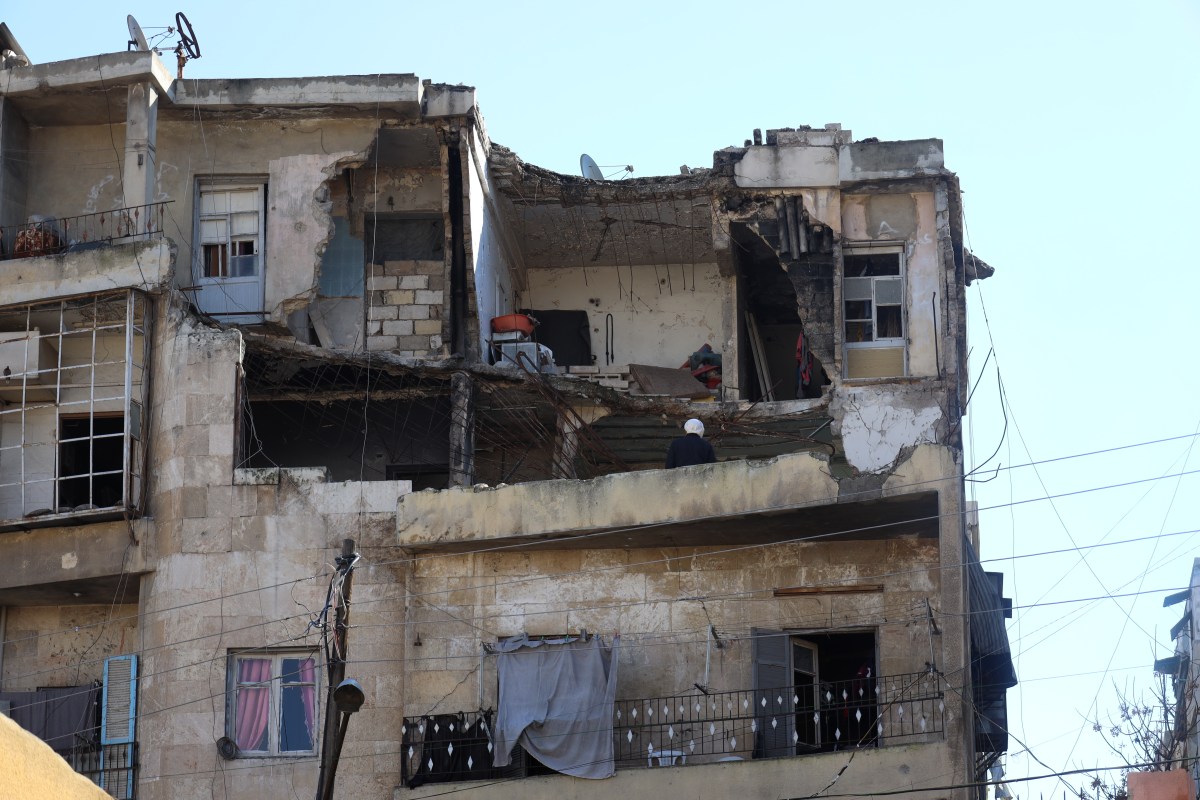In northwest Syria, a group of people dig a mass burial site while, elsewhere in the region, another group dig through the rubble with their bare hands, searching for loved ones. Their actions show the duality of faith and hope in the wake of so much destruction.
Over 10.9 million people in northern Syria are suffering the aftermath of Monday’s and Tuesday’s earthquakes. Because they live in both government-controlled and opposition-held parts of Syria, getting international humanitarian aid to those who need it most is complicated.
International sanctions prohibit international aid from being delivered directly to President Bashar al-Assad’s government because of his human rights violations. Some international actors fear that if aid were given directly to President al-Assad’s government, this help would not reach those in opposition-held territories. Instead, the aid resources would be used to perpetrate more violence and repression. Because Aleppo is under the central government’s control, local non-governmental organizations (NGOs) usually deliver humanitarian relief.
We’re On the Ground in Aleppo, Responding
We started delivering food packs to displaced families staying in a shelter as soon as we possibly could. A $40 donation will feed a family of five for almost three weeks. Thanks to our donors’ generosity, we are continuing and expanding our food distribution today.
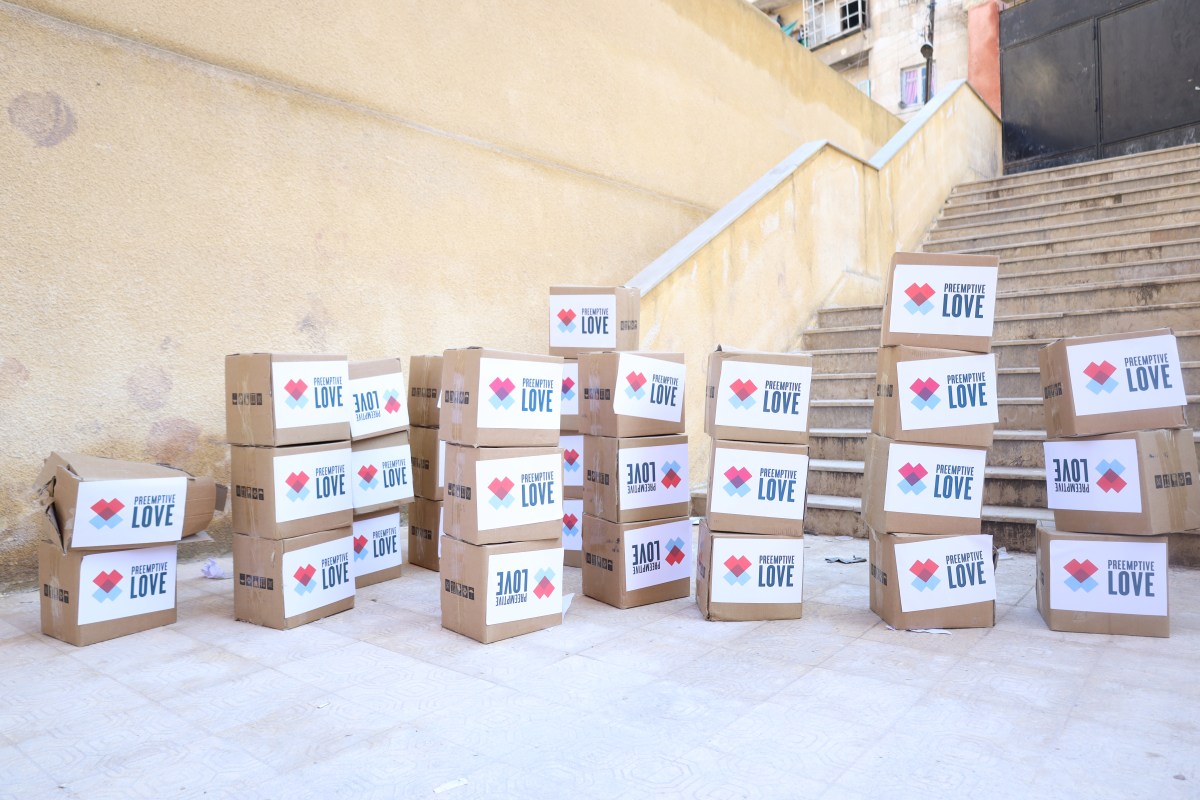
But there is more work to do.
In the city of Aleppo, 30,000 people are sheltering in mosques and schools, while 70,000 had to spend the night on the streets. The rain and below-freezing temperatures are expected to continue until next week.
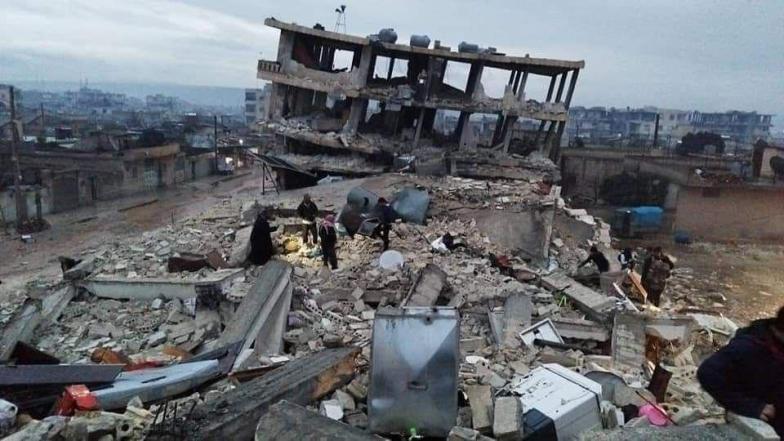
Almost 200 aftershocks have threatened to further collapse buildings that have already fallen and buildings weakened by ten-plus years of civil war. People are afraid to stay inside any structures despite the cold weather. We will be distributing blankets through the weekend to help keep families warm. A $39 donation buys a blanket for a family.
Aleppo: From War-Torn to Earthquake-Pulverized
Before the civil war, Aleppo was the center of economic activity in northern Syria. Early during the civil war, opposition fighters captured the city’s eastern part while the central government took control over the wealthier western side. Both sides shelled each other, decimating infrastructure, which was never rebuilt. As the city descended into urban warfare, people were displaced from neighborhood to neighborhood, outrunning shelling and sniper fire. In 2016, the central government retook the city.
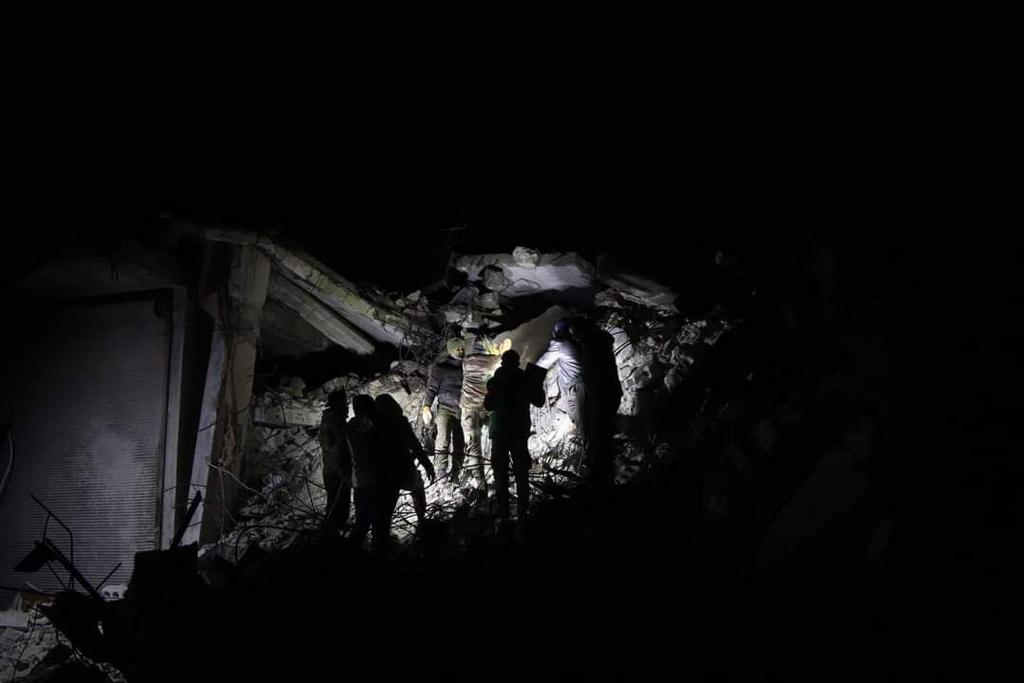
Now, militias linked to the central government roam the streets, looting properties and extorting “taxes” from everyday people. Buildings damaged during the war or built during the war routinely collapse. Basic infrastructure such as gas and electricity is lacking. There isn’t enough food. Most people don’t have heating fuel. They work in the informal economy, where meeting their basic needs is an everyday struggle.
This was before the earthquake.
Because Aleppo was never rebuilt, it is unprepared to cope with any natural disaster. Destroyed roads and a lack of fuel have slowed rescue efforts. The ongoing wet, cold weather is compounding the misery of people who have lost so much.
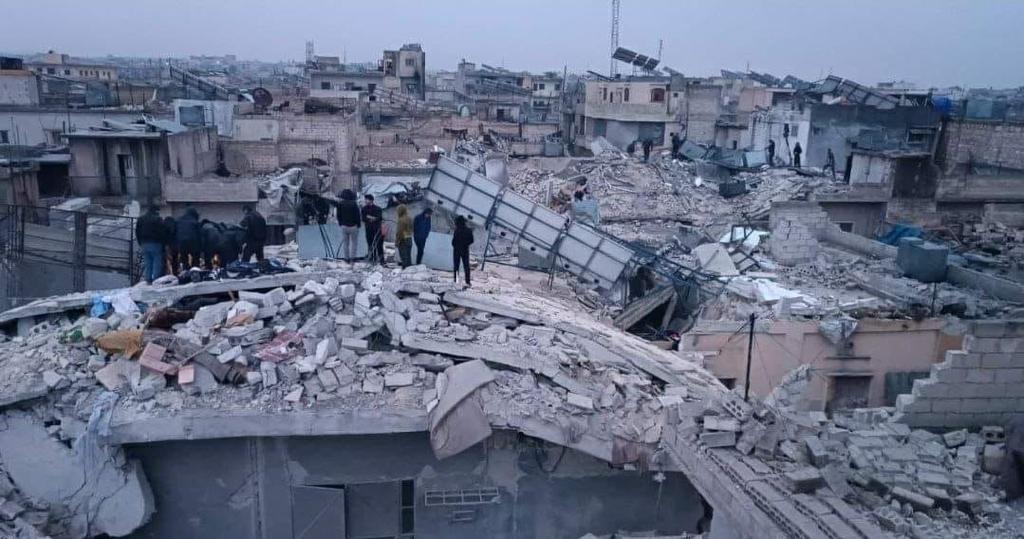
To the survivors in Syria: we are emboldened by your strength and courage. We stand with you, ready to help. Join us as we walk alongside our friends in Syria. Never has it been more critical to set aside differences and remind ourselves that we belong to each other.
Join us in providing life-saving aid to those in need.

